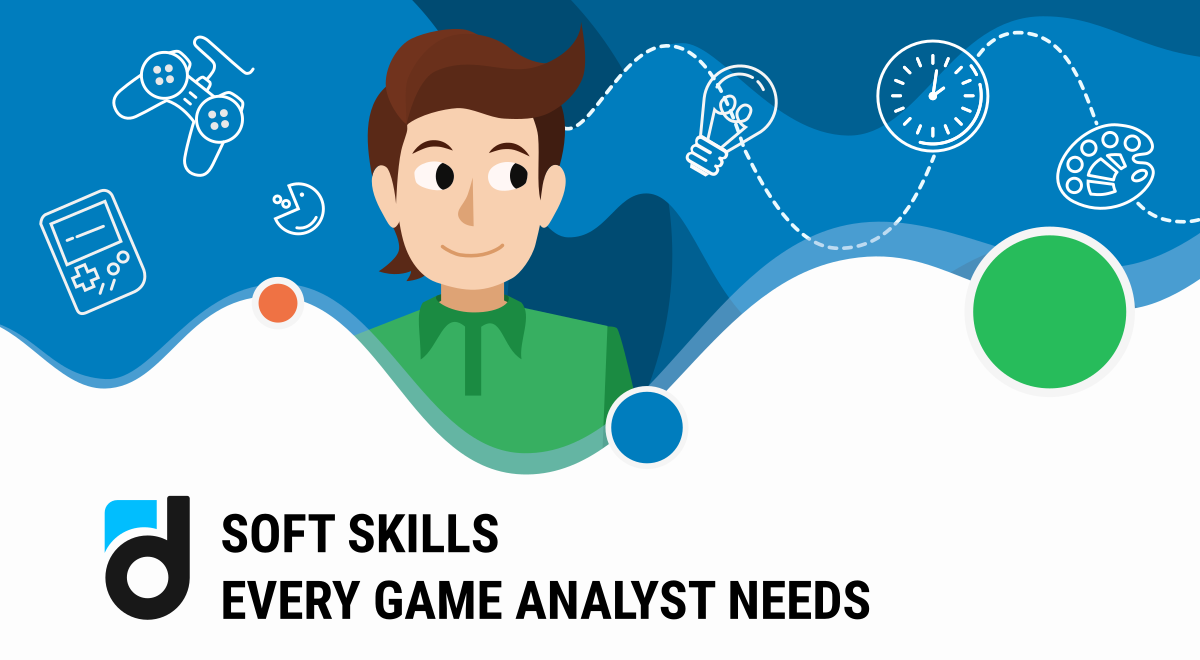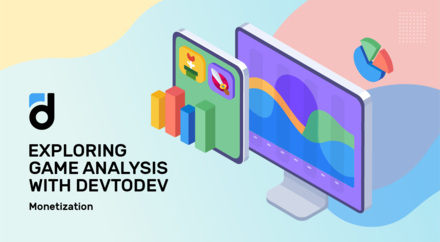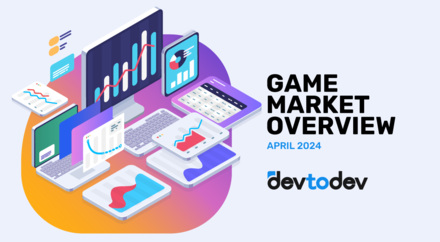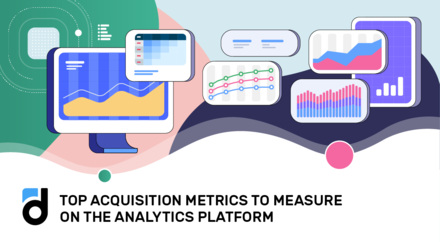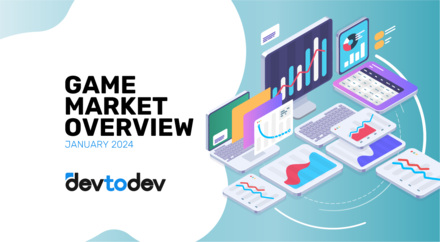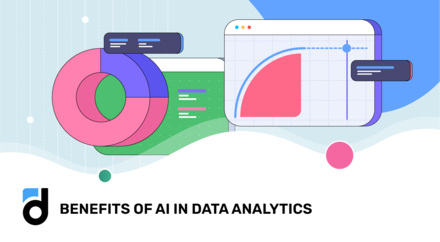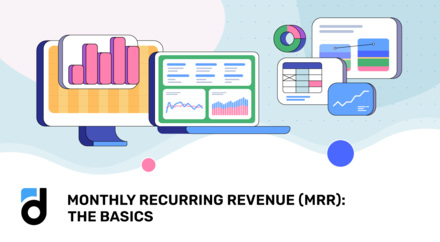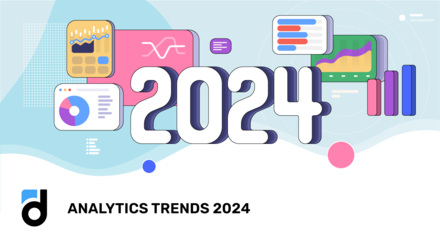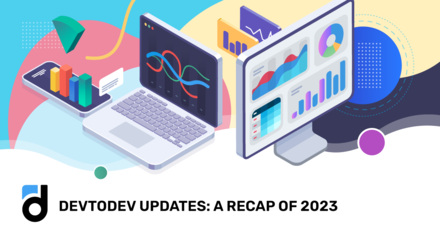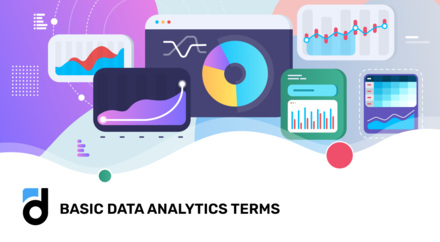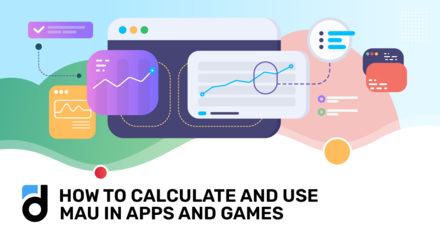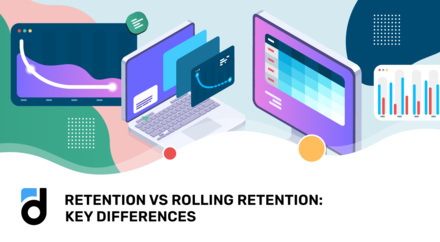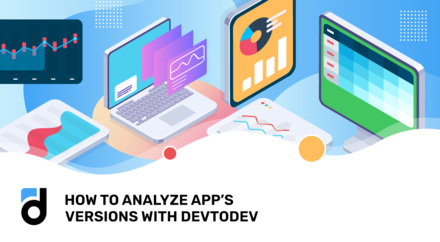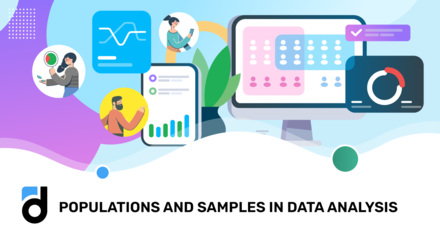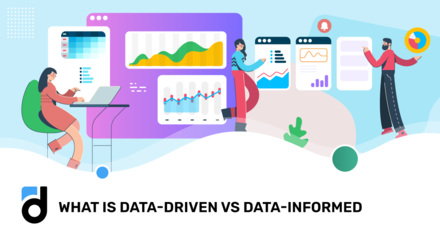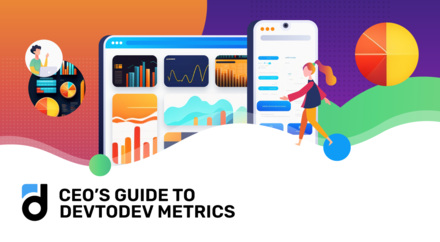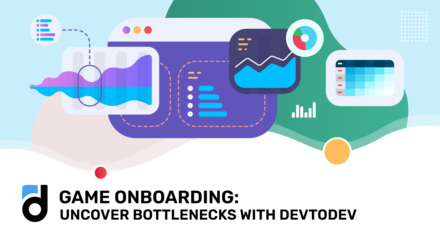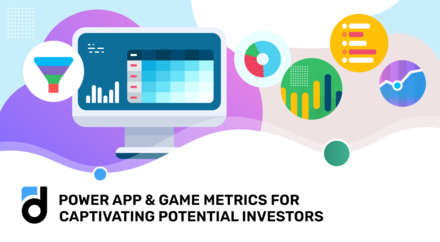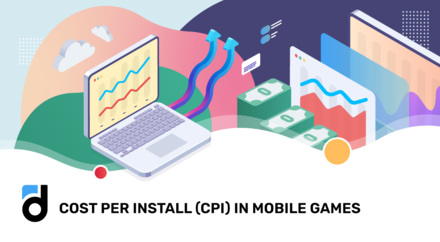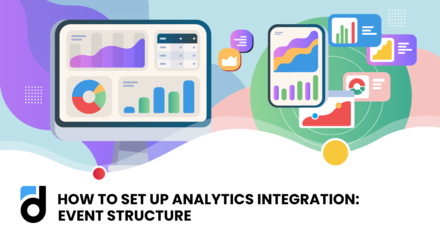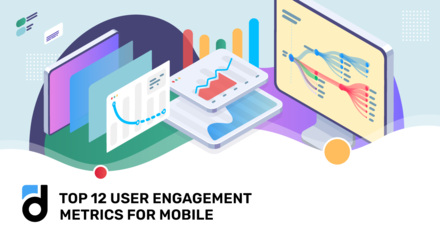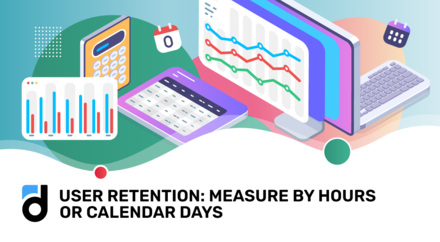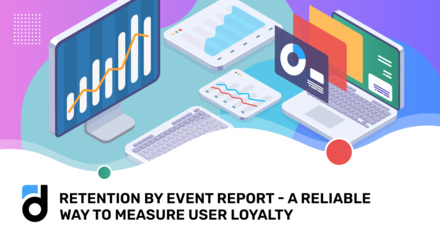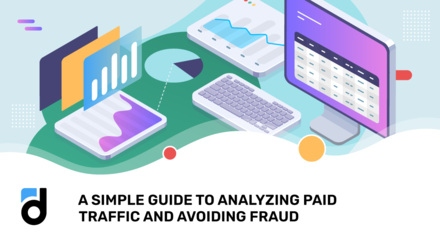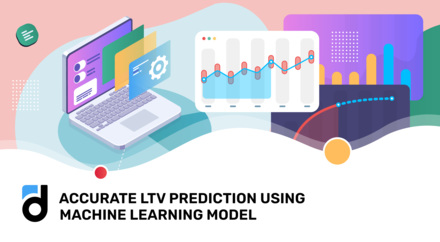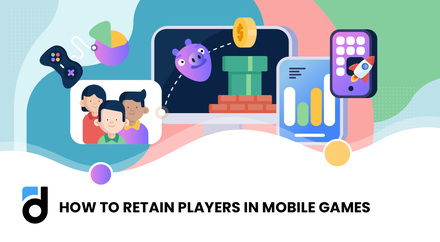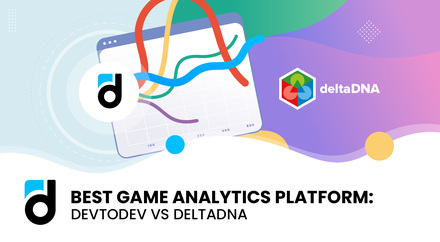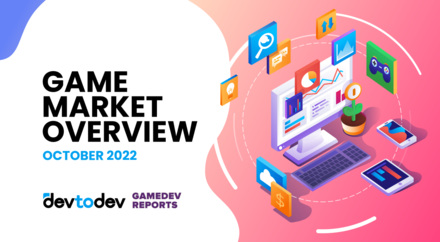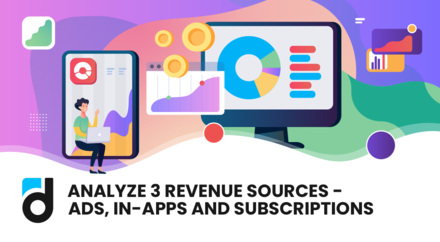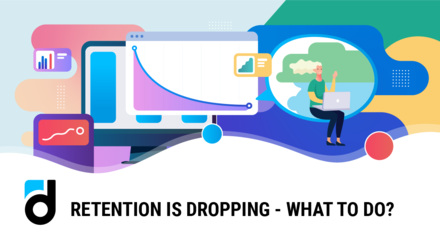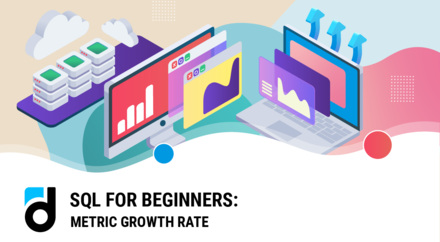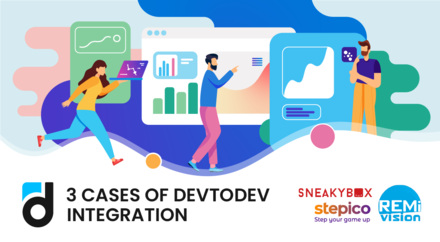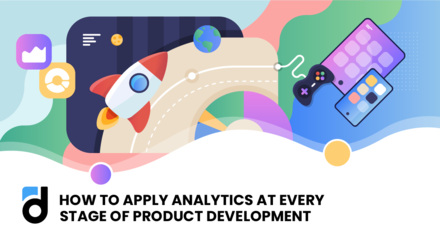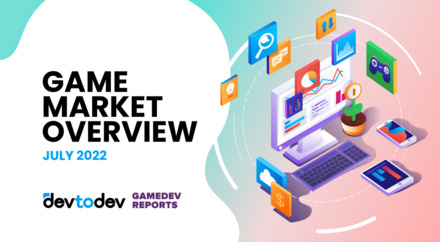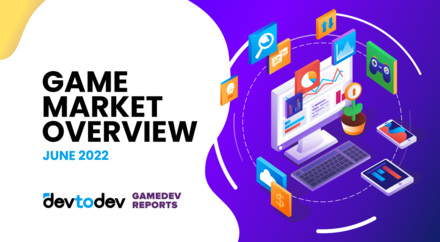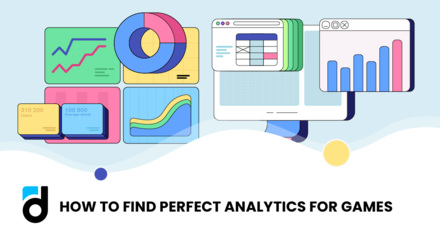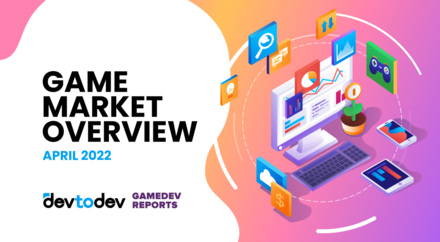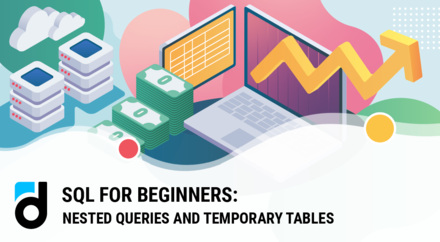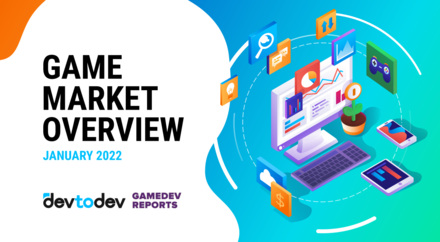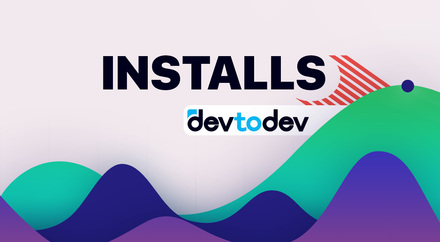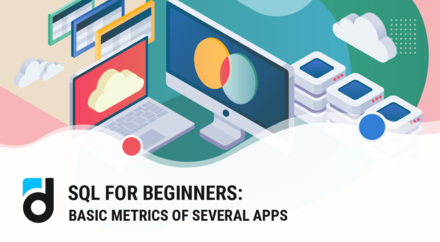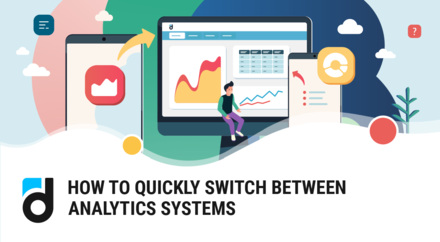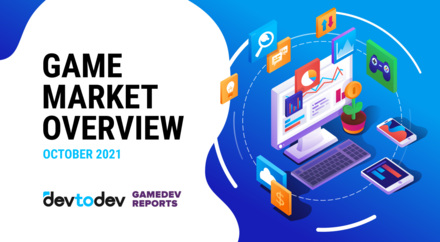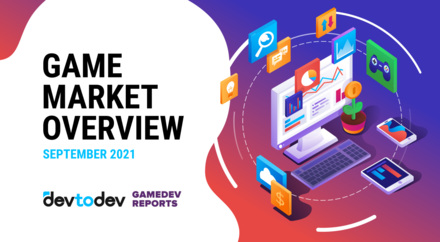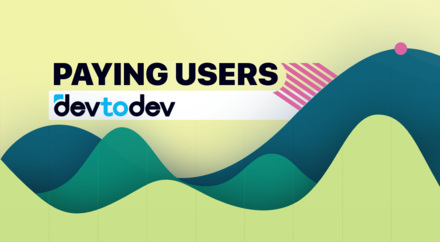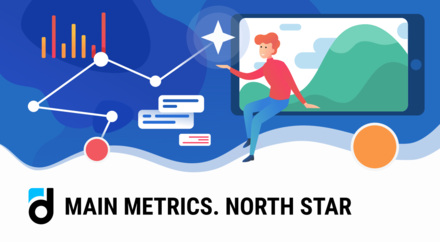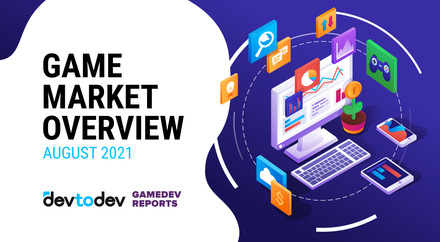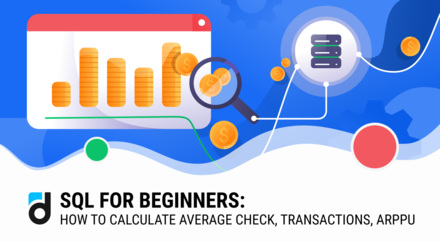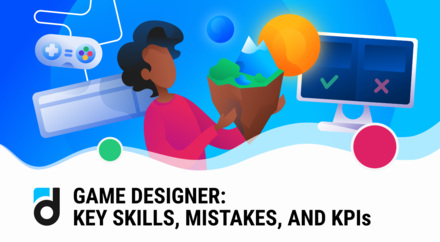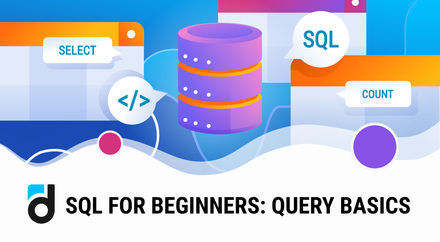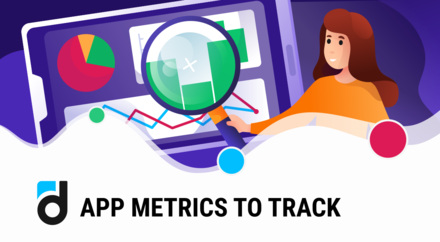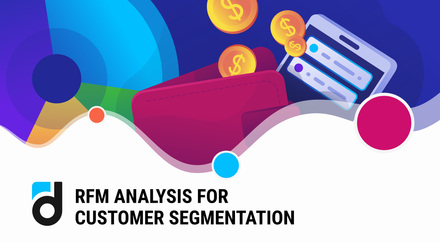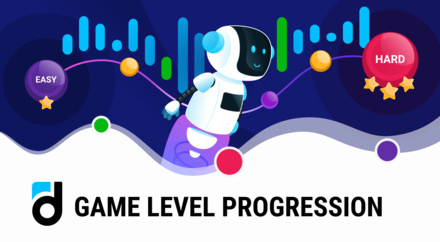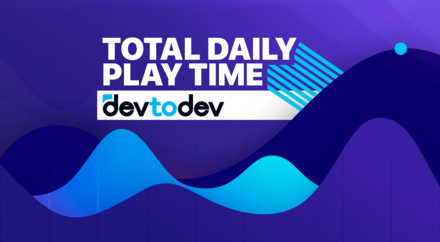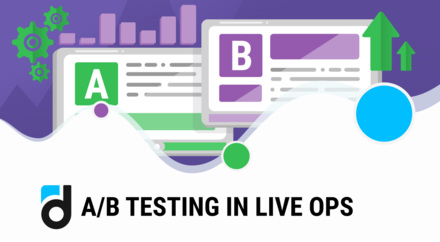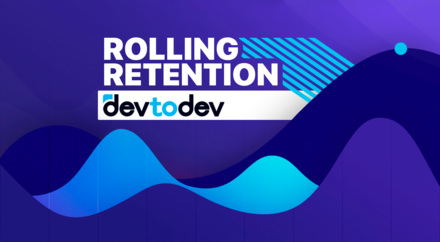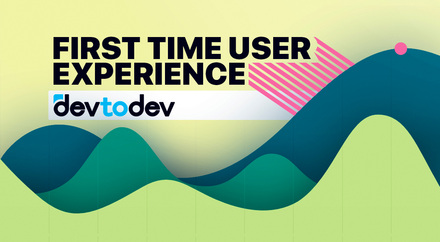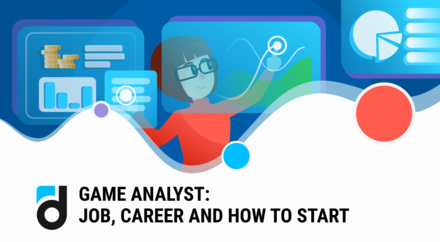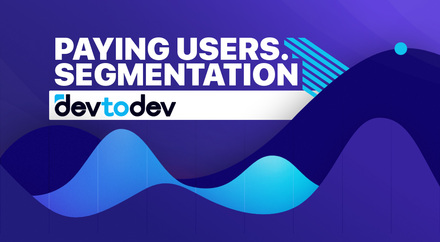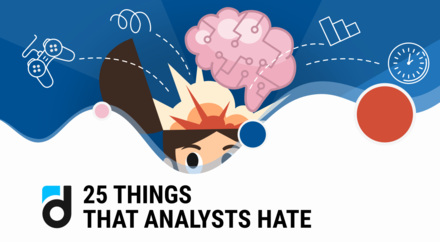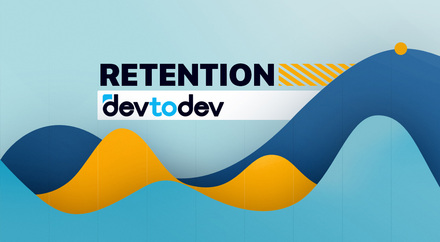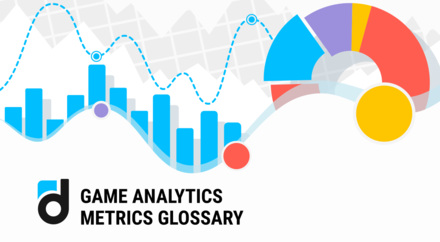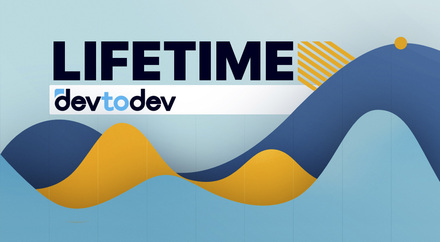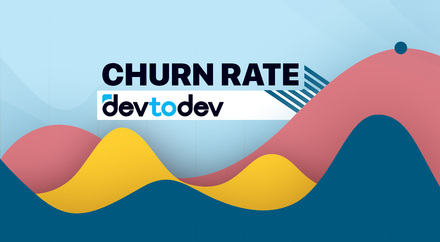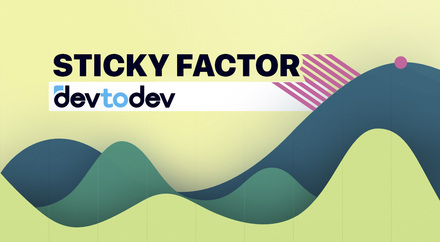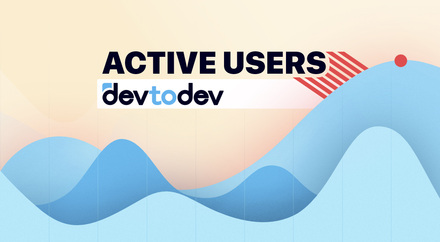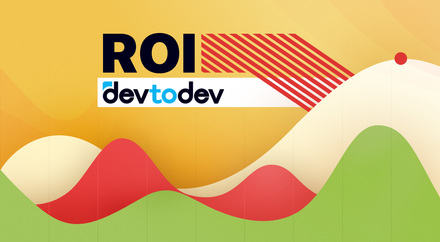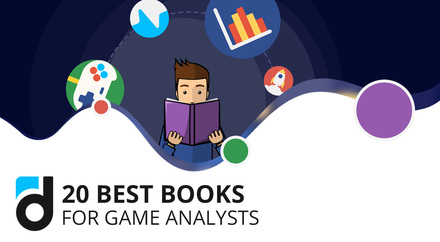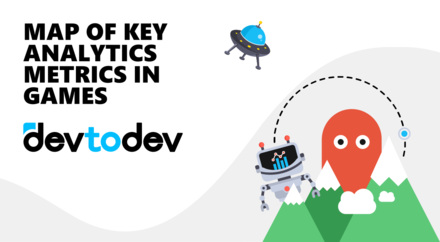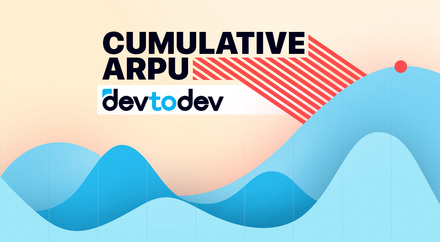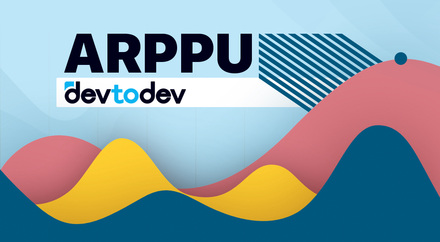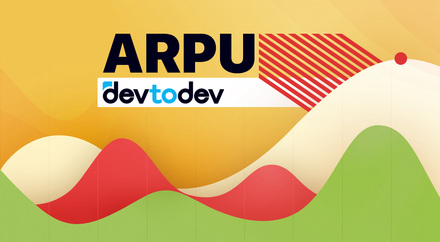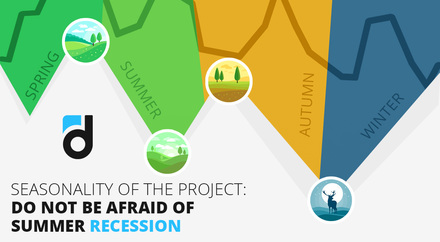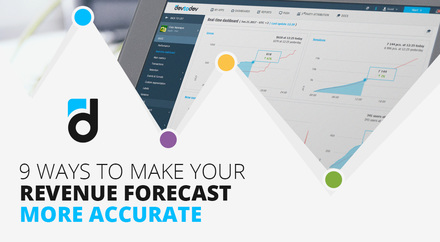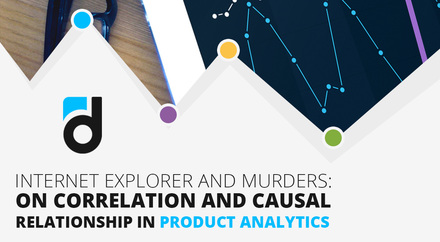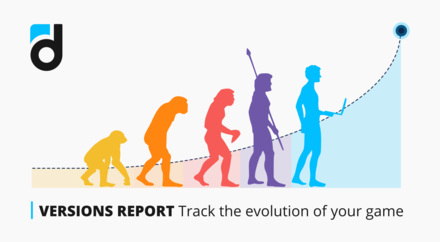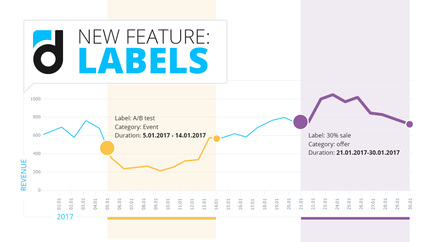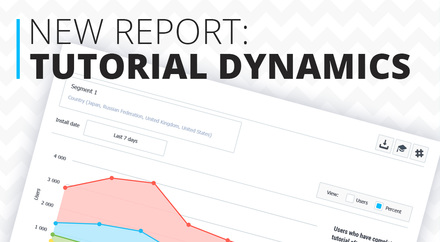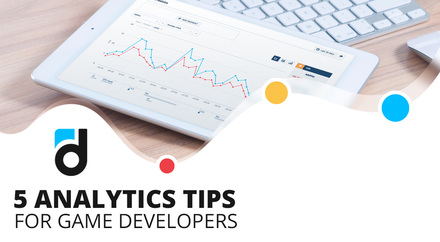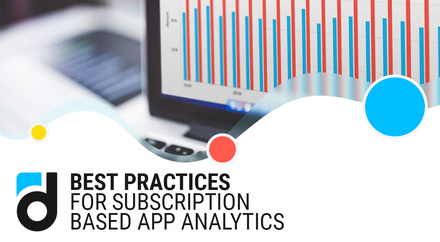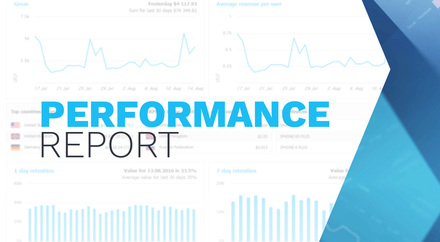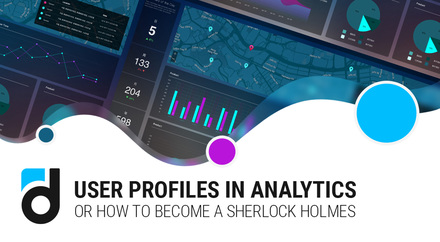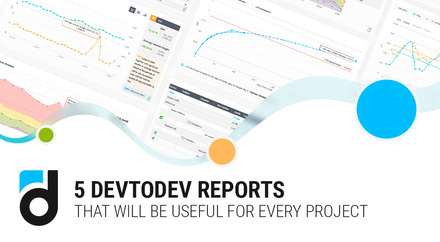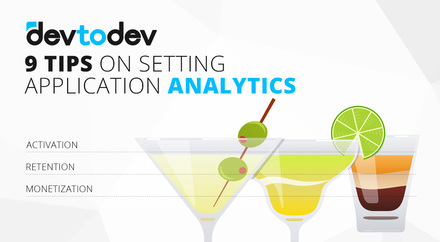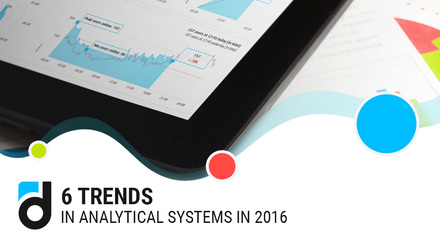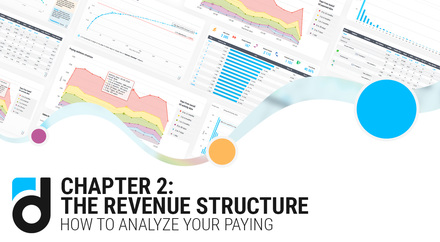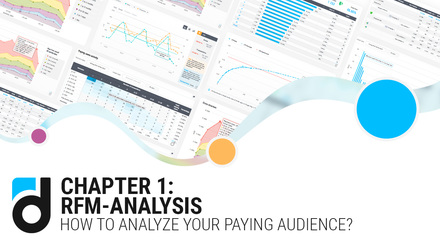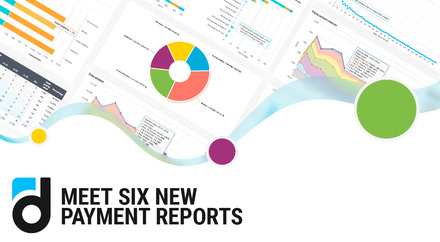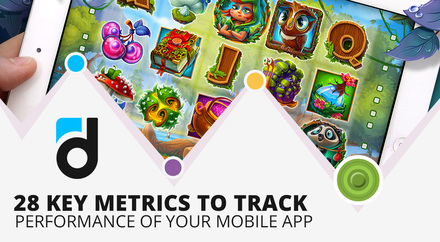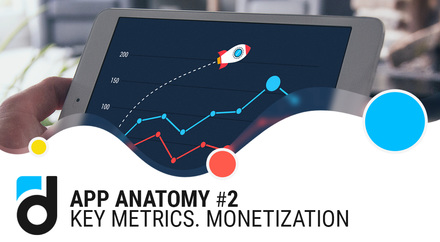At devtodev, our analytics platform often ponders the question of what it means to be a 'good analyst.' Undoubtedly, hard skills such as proficiency in SQL, R, Python, mathematical statistics, the ability to work with Tableau, and the ability to distinguish between Bayes and Fisher, as well as ARPU from ARPPU are crucial for a skilled analyst. However, what about soft skills?
We have decided to address this topic in an article and explain why, in our perspective, soft skills are equally important for an analyst. We acknowledge that this viewpoint is subjective and one of many possible perspectives. Furthermore, we recognize that the skills we will discuss can be valuable not only for analysts but also for any modern IT specialist.
What are Soft Skills
Soft skills comprise a complex set of non-specialized abilities that play a vital role in achieving success in the workplace, enhancing productivity, and are not confined to a specific subject matter. Unlike hard skills, which can be acquired relatively easily and objectively assessed, soft skills are more elusive, challenging to quantify, and modify.
This topic has gained significant popularity in recent times, as the cultivation of soft skills in specific areas can transform an ordinary professional into a highly sought-after specialist capable of working productively within any team and feeling at ease in diverse environments. It is precisely this skill set that proves invaluable in a world where nothing remains constant - be it the workplace, colleagues, or even one's specialization.
Please take a look at Edvice's free online course "Game Analytics: From Basics to Advanced Strategies"
Soft Skills of an Analyst
Below we will list the most important skills that, in our opinion, any good analyst (and, in fact, any good specialist in any field) should have.
Being Disciplined
An analyst frequently interacts with their immediate supervisor, colleagues, and a range of other individuals. It is expected that they will complete their tasks successfully and punctually. To achieve this, proper organization of one's work time and workspace is imperative. This entails:
- Predictable Availability. When an appointment or meeting is scheduled, the analyst should be present. Agreements made to discuss something today should be honored with timely availability and responsiveness.
- Messengers. Even routine communication via messaging platforms demands a particular skill set. When someone contacts the analyst during working hours, it's important to respond promptly to avoid wasting others' time. It's not uncommon for colleagues to engage in a half-hour dialogue, only to be left hanging when they send a message. The next day, the conversation may continue as if nothing happened. This can result in significant hours lost. Furthermore, it affects overall workflow organization. Avoid unnecessary mentions in work chats, refrain from overusing @here and @channel on Slack, and don't expect an immediate response in a general chat without mentioning the relevant person. Adhering to these etiquette guidelines can significantly enhance productivity and reduce stress. Lastly, refrain from using voice messages, as they are often less efficient than written communication.
Read more: How devtodev Transforms your Approach to Digital Teamwork
- Meetings. Planning and conducting a meeting is not as straightforward as it may seem. Ideally, it's best to prepare discussion points in advance and perhaps even assign some tasks before the meeting. When inviting someone, it's important to specify the communication platform (so that colleagues don't wait for you on Skype when you're using Slack for the meeting). Another critical aspect is follow-up: after the meeting, it's essential for all participants to align their understanding of its outcomes, transforming it into a list of assigned tasks complete with names and deadlines, which should then be shared with them.
Read more: 20 Best Books for Game Analysts
How does all of this relate to the role of an analyst? It's closely connected. We firmly believe that the analyst is often the primary source of ideas within a team. Consequently, managing communication through messaging platforms and organizing meetings can readily fall within the analyst's sphere of influence.
Team Play
The previous paragraph also touches on the importance of teamwork. While an analyst might not necessarily need to be an exceptional networker and can remain introverted if they prefer, effective communication is crucial when tackling collective tasks.
- Ask if you don’t know. Let's consider a scenario where an analyst is working on a report and encounters an idea that's unclear or challenging to interpret. It would be incorrect to interpret it arbitrarily, based on their personal perspective or what's convenient. What should they do? Simply ask for clarification. Drawing conclusions based on incomplete data can lead to inaccuracies. Therefore, it's the task manager's responsibility to provide the analyst with all the necessary information, and it's the analyst's responsibility to seek clarification when something is unclear.
- Tell me if you need more time. Have you ever found yourself eagerly anticipating a colleague's results by a specific deadline, only to reach that day without any outcome? The colleague then explains that they didn't have enough time, didn't understand, fell ill, or simply forgot. This is a common situation that many can relate to. A common piece of advice is if you can't complete a task on time, notify the client or colleague in advance. Unfortunately, analysts often overlook this crucial step.
- Develop emotional intelligence. While a relatively recent concept, emotional intelligence has gained prominence in recent times. Wikipedia defines it as "the capability of individuals to recognize their own emotions and those of others, discern between different feelings and label them appropriately, use emotional information to guide thinking and behavior, and manage and/or adjust emotions to adapt to environments or achieve one's goal(s)." How does this relate to analysts?
- Firstly, it's important to acknowledge that people are individuals with their own emotions and moods.
- Secondly, developing emotional intelligence can enhance task understanding and fulfillment. It helps analysts comprehend what motivates a person, their needs, and why they require something (and when it's unclear, don't hesitate to ask!).
- Thirdly, emotional intelligence empowers analysts to navigate their own emotions, better understand their current state, and, for example, more accurately predict task completion times.
Read more: 70 Links to Become a Better Game Analyst
Proactivity and Curiosity
Let's return to the role of the analyst and why they are indispensable. We never tire of repeating our favorite mantra: the primary mission of an analyst is to pinpoint bottlenecks within a project and identify areas of potential growth. Even when a project has been in operation for an extended period, has undergone numerous iterations, or has reached a stage where pivoting is no longer feasible, the analyst's work should never devolve into mere routine tasks such as analyzing updates, scrutinizing marketing efforts, or assessing traffic.
In our view, a skilled and curious analyst should never succumb to boredom in such situations. Their responsibility is to uncover bottlenecks and explore avenues for growth. If one perspective doesn't yield insights, try another — examine various aspects such as levels, project lifespan, payment behavior, geographic regions, devices, languages, and behavioral patterns. Furthermore, consider delving into competitive analysis to extract fresh ideas from the competitive landscape.
This brings us to the concept of proactivity. An analyst who merely responds to posed questions falls short of being a proficient analyst. A great analyst continually generates ideas, keeping their colleagues engaged and intrigued. The highest praise a top-notch analyst can receive is that they "have ants in their pants."
When collaborating with analysts, We consistently emphasize that analytical reports should encompass not only answers to existing queries but also offer novel ideas and recommendations. Additionally, they should introduce new questions for decision-makers to ponder.
Read more: 10 Best Game Design YouTube Channels
Critical Thinking and Skepticism
In meetings, the analyst carries the responsibility for the data. This doesn't imply that they should dismiss their colleagues' points of view. It also doesn't imply that the analyst cannot rely on their intuition, although it's worth noting that intuition often derives from past experiences.
However, it does mean that the analyst should have the ability to set aside their intuition and even empathy when necessary. When uncertainty exists, it becomes imperative to seek ways to substantiate claims. In cases where available data fails to provide a definitive answer, the analyst's role is to plan and conduct experiments. These tasks lie squarely within the analyst's domain.
In these situations, it is vital for the analyst to maintain objectivity. It's important to recognize that different data can reside within the same database, and the same data can be subject to widely varying interpretations.
Consider, for instance, the exercise of searching for evidence that the Earth is flat. A quick online search will yield convincing arguments in favor of a flat Earth. Conversely, searching for evidence of a round Earth will provide equally persuasive arguments.
Drawing from these considerations, and inspired by the documentary "Behind the Curve," which explores the convictions of flat Earthers, we propose the following exercise: You can use it when hiring an analyst or even when working with one. Imagine you are firmly convinced that the Earth is flat. In this scenario, the analyst's challenge is to present a compelling report with valid data found on the internet that proves the Earth is round. Subsequently, reverse the roles: task the analyst with persuading you that the Earth is flat.
Read more: 25 Key Metrics to Track User Loyalty
Understanding Business Goals and Objectives
Inexperienced analysts often struggle to see the details amid the broader context, focusing solely on assigned local tasks and relying on limited data. It's only through experience that one gains a deeper understanding of how a product truly operates and identifies the levers that can be utilized to enhance its revenue.
This principle extends to the presentation of analytical reports as well. An analyst can present the same data in various ways, but to do so effectively, they must grasp the customer's mindset and their current state of mind. Generating a meaningful report hinges on the analyst's comprehension of the customer's motivations. For instance, if it's known that the customer has limited time to review a report, it would be counterproductive to inundate them with a 300 x 300 table. Instead, it would be more suitable to present key recommendations at the outset of the report with a link to the table for reference, should the customer wish to explore it later.
When an analyst possesses the ability to grasp business objectives, they become adept at swiftly filtering out ineffective ideas that would yield negligible increases in income. This enables them to pivot their focus toward genuinely impactful strategies and substantiate their effectiveness.
Read more: devtodev’s Map of Key Analytics Metrics in Games
An analyst with well-honed soft skills but lacking hard skills is not truly an analyst but rather a pleasant colleague and conversational partner. Conversely, an analyst with hard skills but no soft skills can prove unpredictable and disruptive in business processes.
Therefore, it's crucial to remember that soft and hard skills should complement each other, and a proficient analyst should strike a balance between them.
